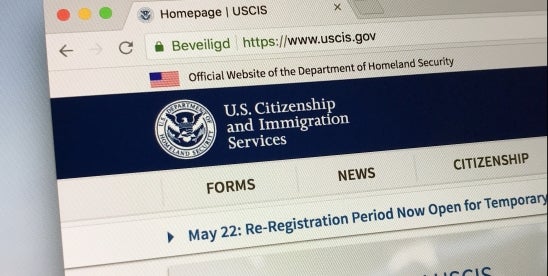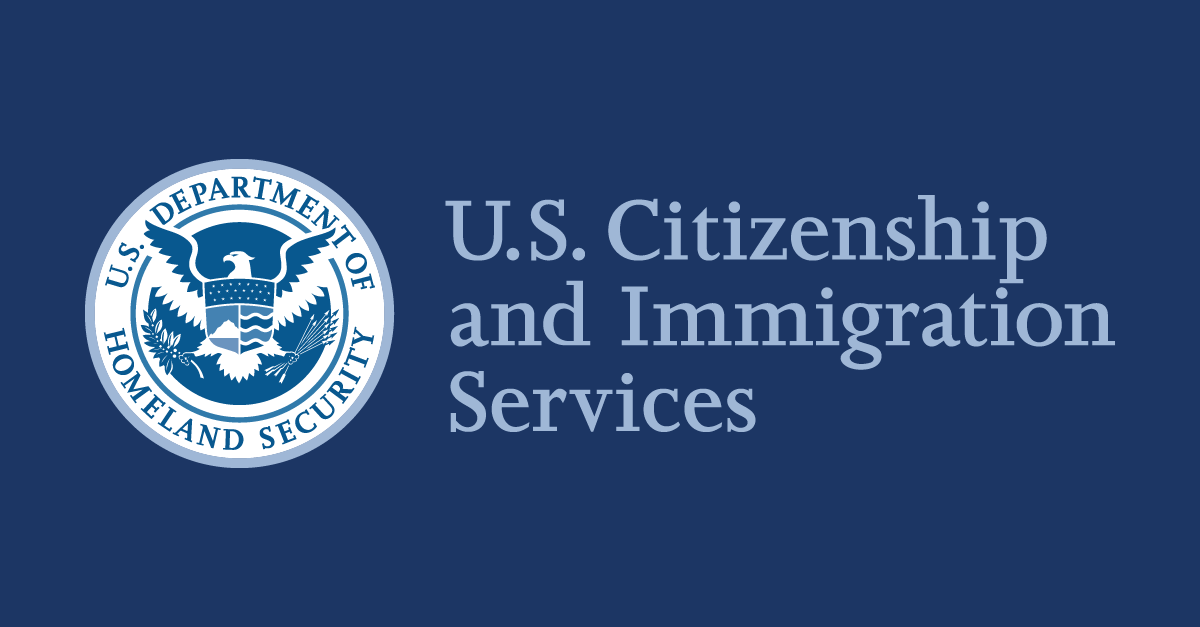The United States Citizenship and Immigration Services (USCIS) is making changes to its policy regarding the filing of Form I-485, a document used to register for Permanent Residence or adjust status in the US. Starting from December 2, 2024, the USCIS will mandate the inclusion of Form I-693, an Immigration Medical Examination and Vaccination Record, when submitting Form I-485. This requirement is to confirm that the applicant does not have any health-related issues that would make them inadmissible to live in the US and is expected to reduce the number of Requests for Evidence (RFEs) issued during the adjudication process. As a result, the processing of the I-485 application could be less cumbersome.
Additionally, the adjustment process will require that Form I-693 be filled and signed by a USCIS-designated civil surgeon after a medical examination. According to USCIS, the changes aim to reduce their workload as they were previously sending out RFEs to gather required documents. As from November 1, 2023, a properly completed Form I-693 signed by a civil surgeon does not expire and can be used indefinitely to demonstrate eligibility for permanent residence.
Meanwhile, the Global Immigration department at Smith Stone Walters has highlighted some recent immigration changes globally. These include Australia’s announcement of the Mobility Arrangement for Talented Early-professionals Scheme (MATES), which allows Indian graduates and early-career professionals from top universities to register for a visa pre-application ballot. China and Solomon Islands have also signed an agreement on mutual visa exemption.
Finland, on the other hand, will pause the processing of certain work-based permits from January 1 to 8, 2025, to allow changes in automation and data systems. Simultaneously, the responsibility of inspecting requirements for work-based residence permits will entirely fall under the Finnish Immigration Service.
Another innovation is from Kazakhstan, which has introduced several new visa types including a digital nomad visa for IT specialists and a neo-nomad visa for tourists meeting certain income requirements.
Back to the US, the USCIS has updated guidance to allow indefinite validity for medical examination documentation for certain Afghan nationals who arrived in the US during Operation Allies Welcome (OAW). This means they won’t need to repeat a medical examination while applying for lawful permanent resident status.
In another development, an updated policy clarifies that a naturalization applicant’s need to demonstrate they have been lawfully admitted for permanent residence applies only to their initial admission as an LPR or adjustment to LPR status; regardless of whether they were lawfully admitted for permanent residence at the time of any subsequent re-entries to the United States. This revised guidance pertains to pending or newly filed applications.
Article 1: On December 2, 2024, the U.S. Citizenship and Immigration Services (USCIS) announced a new mandate requiring the concurrent filing of Form I-693 with all adjustment of status applications. This form pertains to a record of immigration medical examination and vaccination, and is used to establish the health-related admissibility of applicants pursuing lawful permanent residence in the U.S. This new policy departs from prior regulations whereby applicants could delay the filing of this form. With the latest update, applicants should anticipate planning to timely file for ensuring eligibility under the Department of State’s visa bulletin.
Article 2: The Citizenship Public Education and Awareness Campaign is aimed at promoting the awareness of U.S. citizenship-related rights, responsibilities and the available free resources. Organizations can support the campaign by placing campaign widgets, linking to campaign resources on their websites, placing print advertisements at visible areas and events, distributing campaign flyers, referring clients to Citizenship Resource Center, and utilizing the USCIS Civics and Citizenship Toolkit in their programs.
Article 3: A ProPublica investigation found that the federal program responsible for vetting health of green card applicants includes doctors with histories of professional misconduct. These physicians can help decide the fate of an immigrant’s bid for permanent U.S. residency. The current physician vetting system fails to account for prior instances of professional misconduct, negligence, and criminal charges. After a prior audit, USCIS committed to improving the system but has yet to follow through with several changes. USCIS requires only that doctors have an active medical license, and does not thoroughly check for disciplinary histories. A lack of proper vetting puts immigrants at risk and can deal severe blows to their chances of securing permanent U.S. residency. The current state of the USCIS list remains concerning, however, despite some physicians being removed.
Sources:
 Avoid Rejection: Form I-693 Report of Medical Examination and Vaccination Record Is Now Mandatory When Filing Form I-485
Avoid Rejection: Form I-693 Report of Medical Examination and Vaccination Record Is Now Mandatory When Filing Form I-485 USCIS will require medical and vaccination reports to be submitted with the green card application
USCIS will require medical and vaccination reports to be submitted with the green card application Global immigration news round-up
Global immigration news round-up USCIS Mandates Concurrent Filing of Form I-693 with Adjustment of Status Applications
USCIS Mandates Concurrent Filing of Form I-693 with Adjustment of Status Applications Citizenship Public Education and Awareness Campaign
Citizenship Public Education and Awareness Campaign Despite Audit, Doctors With Checkered Records Can Still Decide Fate of Green Card Seekers
Despite Audit, Doctors With Checkered Records Can Still Decide Fate of Green Card Seekers





Leave a Reply